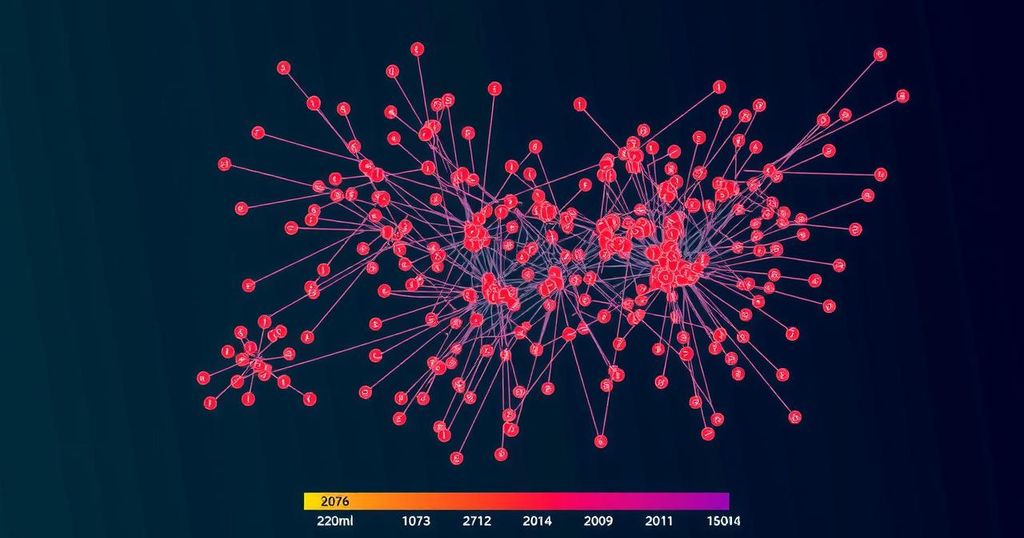Meta has reported that generative AI content accounted for less than 1% of election-related misinformation on its platforms, nullifying earlier concerns regarding its impact during significant electoral events around the world. The company has actively worked to prevent the generation of misleading content and dismantled numerous influence campaigns, stressing its focus on behavioral patterns of accounts rather than content origin.
At the beginning of the year, there were significant apprehensions regarding the potential misuse of generative AI technologies to manipulate global elections by disseminating propaganda and misinformation. However, Meta Platforms, Inc. reported that these fears did not manifest on its platforms, which include Facebook, Instagram, and Threads. According to the company, their findings, based on monitoring election-related content across major elections in various countries, indicated that AI-generated misinformation comprised less than 1% of all fact-checked misleading information during these events.
Meta emphasized that although there were isolated instances of AI being used for manipulative purposes, the overall volume was minimal, and their existing policies sufficiently mitigated risks associated with generative AI content. This conclusion was derived from monitoring elections in the United States, Bangladesh, Indonesia, India, Pakistan, the European Union, France, the United Kingdom, South Africa, Mexico, and Brazil. Furthermore, over the month leading up to the elections, Meta’s Imagine AI image generator rejected approximately 590,000 requests to create images of prominent political figures, including President-elect Trump and Vice President Harris, specifically to prevent the generation of election-related deepfakes.
The tech giant also analyzed attempts by coordinated networks aimed at spreading disinformation and found that these efforts resulted in only marginal productivity improvements due to AI utilization. Meta’s approach focuses on monitoring behavior patterns of accounts rather than the content produced, which enables them to effectively combat covert influence campaigns regardless of whether the content originates from AI tools. Additionally, the company reported dismantling about 20 covert influence operations globally to thwart foreign interference strategies.
Meta criticized rival platforms for their role in propagating misleading content, particularly highlighting the prevalence of false videos regarding the U.S. election that originated from Russian-linked operations on platforms such as X and Telegram. Moving forward, Meta committed to continuously reviewing its policies and indicated that updates would be forthcoming based on their assessments throughout the year.
In recent years, the intersection of generative artificial intelligence and electoral processes has garnered extensive attention, with rising concerns that such technologies could be weaponized to sow disinformation during critical democratic events. As multiple countries approach significant electoral milestones, major tech platforms have faced scrutiny regarding their capacity to manage and mitigate possible misuse of AI-generated content. Evaluating the outcomes from the 2023 election cycle holds strategic importance for these companies to inform future policies and safeguard the integrity of democratic systems.
In summary, Meta’s findings suggest that the anticipated risks posed by generative AI to election integrity were largely unfounded on its platforms, with AI content constituting minimal misinformation. The company’s proactive measures, such as rejecting numerous deepfake requests and dismantling covert influence operations, underscore its commitment to combating disinformation. However, the landscape of electoral misinformation remains complex, as demonstrated by the involvement of other platforms in spreading misleading content. Continuous policy evaluations and adaptations will be critical as Meta navigates these challenges moving forward.
Original Source: techcrunch.com






